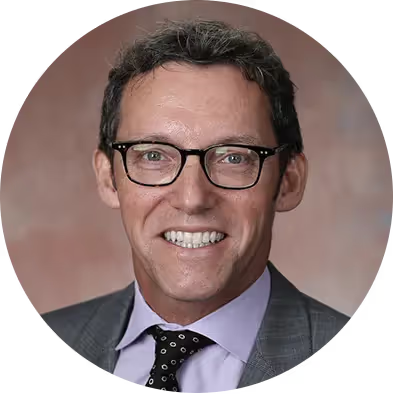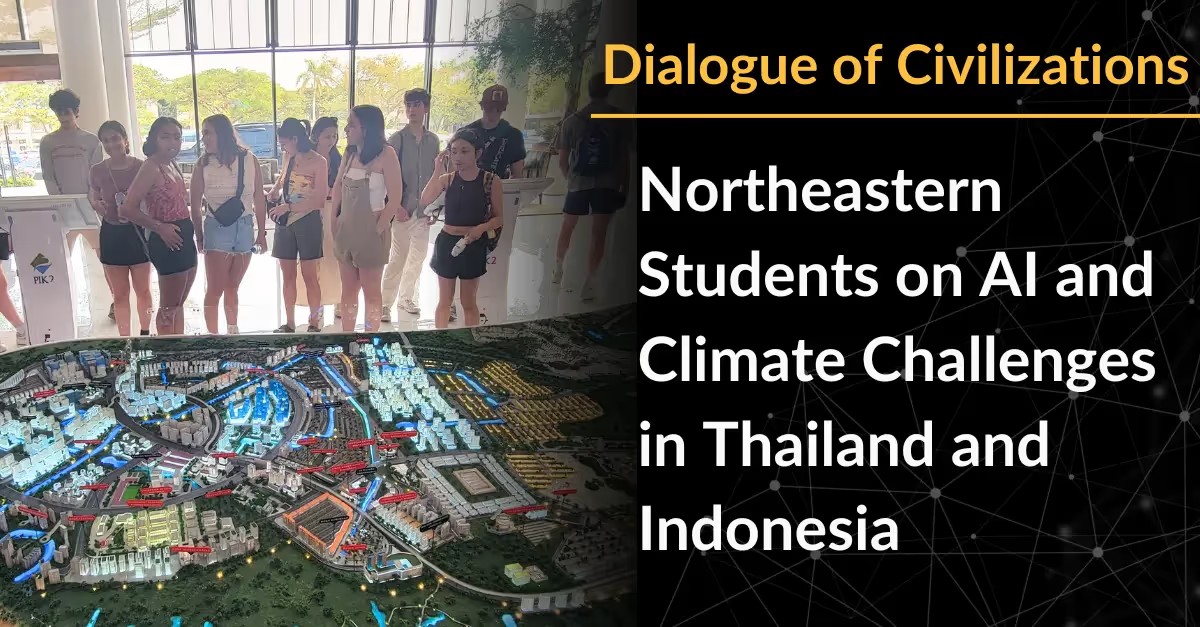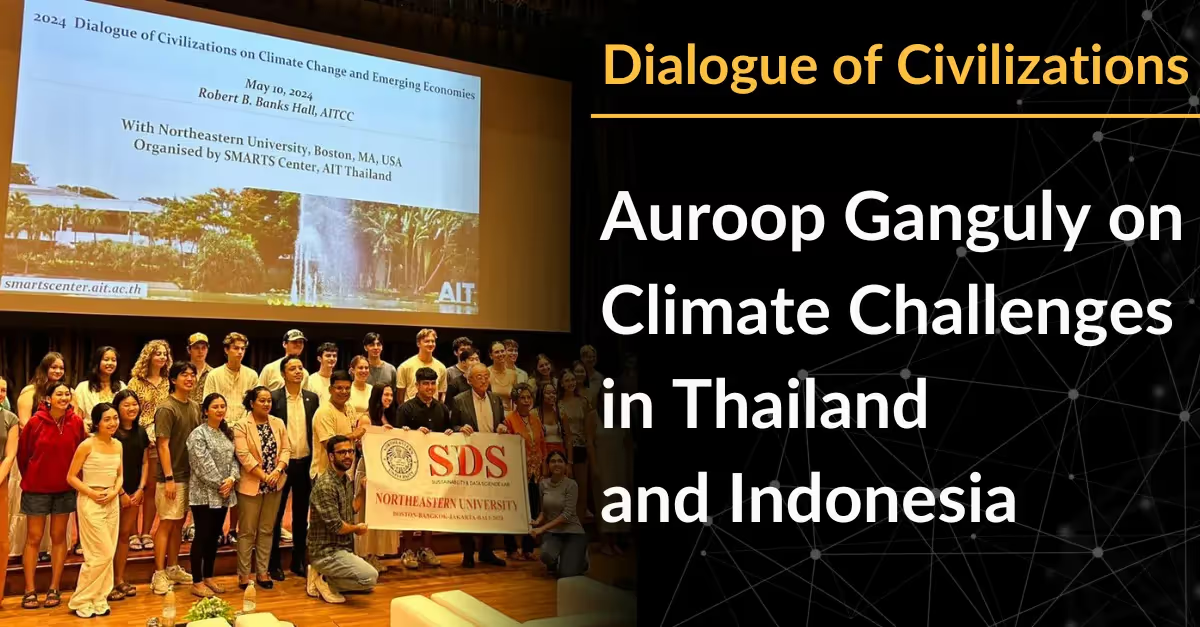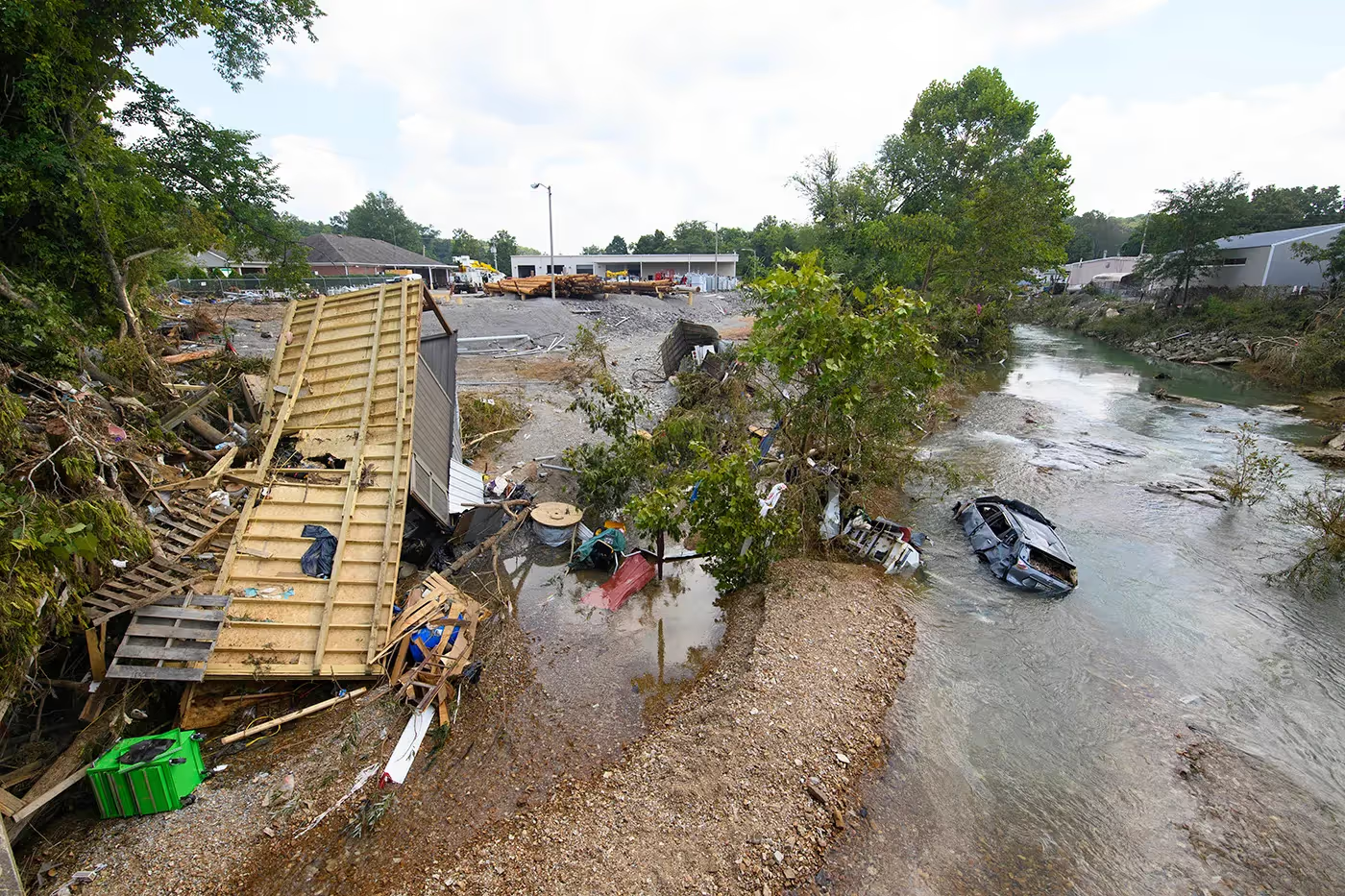Startups Harnessing AI to Tackle Ocean Challenges in Maine’s Blue w(AI)ve Accelerator
ve.png)
How can artificial intelligence be used to understand, innovate around, and address the impact of climate change on our oceans? For the last three months, a promising group of early-stage startups have put that question to the test as part of the Blue w(AI)ve Accelerator program.
A partnership between the Gulf of Maine Research Institute (GMRI) and Northeastern University’s Roux Institute and Institute for Experiential AI, the Blue w(AI)ve program supports seven startups from across the globe in their quest to leverage AI for ocean-based solutions.
Since the start of the program in February, startups hailing from the U.S., Canada, and Israel have taken crucial steps to create impactful, AI-driven products. Founders in the program have added powerful new features to their solutions, broken into hard-to-access industries, connected with potential customers, and more.

"The Blue w(AI)ve program represents a new frontier in collaboration between the Roux Institute, GMRI, and industry to solve ocean-related climate challenges,” says Benjamin Chesler, director of venture creation and acceleration at the Roux Institute at Northeastern University. “The opportunity for startups to receive no-cost AI consulting projects is transformative for them. This program represents a step forward in making Maine a leading global center for BlueTech innovation."
Experts in Residence
The program provides the cohort with “experts-in-residence,” including scientists, AI practitioners, industry leaders, and investors, as they go through a comprehensive venture-building curriculum. In addition to consultation valued at up to $25,000, the program offers workshops, networking opportunities, travel stipends, and more. It brings together the Roux Institute’s innovative educational programming with GMRI’s expertise solving global ocean challenges and the Institute for Experiential AI’s expert guidance in applying AI to real-world problems.
Through support from the Institute for Experiential AI’s AI Solutions Hub, companies have identified new applications for AI in their businesses, established data sharing agreements with partners, and developed algorithms to do things like improve forecasting and analyze satellite imagery.
“The unique confluence of AI experts, ocean domain experts, and investors gave us a deeper understanding of Maine's operational landscape and compelled us to broaden our strategic horizons,” says Shishir Rao, co-founder and CTO of SeaDeep. “It encouraged us to think innovatively about leveraging these diverse resources, sharpening our focus, and expanding our vision on the grand scale of possibilities.”
The 16-week program is the first of its kind and will culminate in a public startup showcase in Portland, Maine on May 23. At the event, each startup will get a chance to share their key business and technical milestones and meet with potential investors.
.avif)
The Roux Institute serves as an engine of innovation, talent–building, and economic growth for Portland, the state of Maine, and northern New England. GMRI and its innovation arm Gulf of Maine Ventures work to catalyze solutions to problems facing the world’s oceans by supporting early-stage companies with relevance to the Gulf of Maine ecosystem, and also investment through their partner impact fund, Bold Ocean Ventures.

"By offering startups the opportunity to physically test their products on the water, collaborate with industry professionals, and engage with scientists, Gulf of Maine Ventures provides the 'wet feet' element often overlooked by traditional accelerators,” says Lucy Barrett, senior manager of innovation and entrepreneurship at GMRI. “This is a chance for entrepreneurs to immerse themselves in Portland's dynamic working waterfront, while developing solutions with global impact."
The Institute for Experiential AI’s AI Solutions Hub partners with organizations of all types to solve their most pressing data problems and harness AI to deliver business value. The AI Solutions Hub draws from Northeastern's global pool of AI experts and industry connections, helping the startups get their companies ready to raise private investment and grow into impactful businesses.

"AI has the potential to transform our oceans into laboratories for innovation, unlocking new ways to understand and conserve Earth’s most vital ecosystem," says James Shanahan, director of the AI Solutions Hub. "Our specialists at the AI Solutions Hub are adept at synthesizing data from a variety of sources, be they remote and sea-level sensors, or seaweed harvest-related data, and leveraging them to build AI foundation models for detection, validation, and monitoring of events of interest."
Meet the 2024 cohort companies leveraging AI in ocean-based solutions:
- Blue Latitudes (CA) is working to transform offshore platforms into permanent artificial reefs. The company is developing FishLAT, Fisheries Location Assessment Technology, which is a spatial planning tool that provides location-specific fisheries information to help inform decisions on offshore energy removal, reefing, or installation.
- Coastal Carbon (Kitchener, Ontario) provides underwater remote monitoring for seaweed aquaculture and ocean restoration.
- Coastal Measures (Durham, NH) is an environmental data company that uses AI and other data science techniques to seamlessly bridge the gap between raw data and informed decisions for customers in aquaculture, renewable energy capture, insurance, and risk management and mitigation.
- Deep Voice (Tel Aviv, Israel) is developing an AI-based passive acoustics monitoring system currently focused on the conservation of marine mammals.
- LOOKOUT (Boston, MA) is commercializing an AI marine camera system with 360-degree computer vision and augmented navigation that plugs into any standard helm display. Their product synthesizes data from charts, AIS, computer vision, and the cloud, then fuses it into one intuitive, 3D augmented reality view to improve situational awareness and spot hazards for boaters.
- Nekton Labs (San Francisco, CA) leverages ocean sensing and AI to measure, verify, and predict marine carbon dioxide removal (mCDR) with high accuracy and precision.
- SeaDeep (Boston, MA) develops AI to map, monitor, and explore the ocean.
Learn more about how our AI Solutions Hub helps organizations solve pressing data problems, and watch more coverage of the program.




